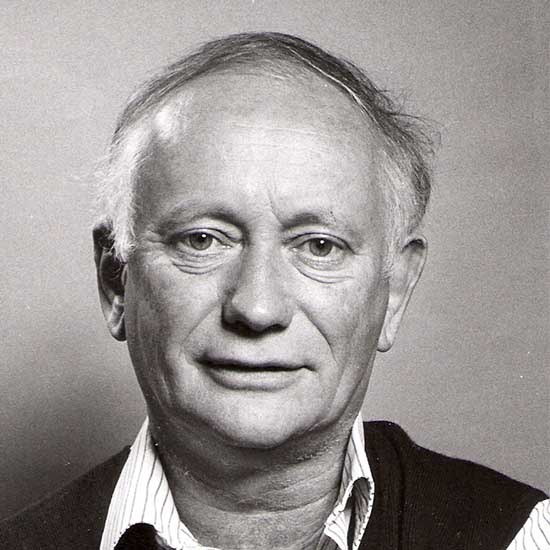After studying Zoology at the University of Cambridge, Michael Land moved to University College London to work on scallop eyes, where he discovered that they use a concave mirror to focus. He followed this with studies of the scanning eyes of jumping spiders at the University of California, Berkeley in the United States. Later, with Tom Collett at the University of Sussex, he worked on pursuit behaviour in flies.
On several trips on the research vessel RRS Discovery, Michael found that shrimps have a compound eye based on mirrors, and that heteropod molluscs also have scanning eyes. This research culminated in the publication of a book, Animal Eyes (2002), with Dan-Eric Nilsson. In the early 1990s, he also began to work on human eye movement strategies in everyday life activities, including driving, playing ball games, sight reading music and domestic tasks. This work led to the 2009 book, Looking and Acting, with Ben Tatler. Michael has received awards from the Zoological Society of London and the Rank Prize Funds, as well as the Alcon Prize.
Professor Michael Land FRS died on 14 December 2020.
Professional position
- Emeritus Professor of Neurobiology, School of Life Sciences, University of Sussex
Subject groups
-
Multicellular Organisms
Animal (especially mammalian) and human physiology and anatomy (non-clinical), Behavioural neuroscience, Experimental psychology
-
Patterns in Populations
Ethology, Evolution

